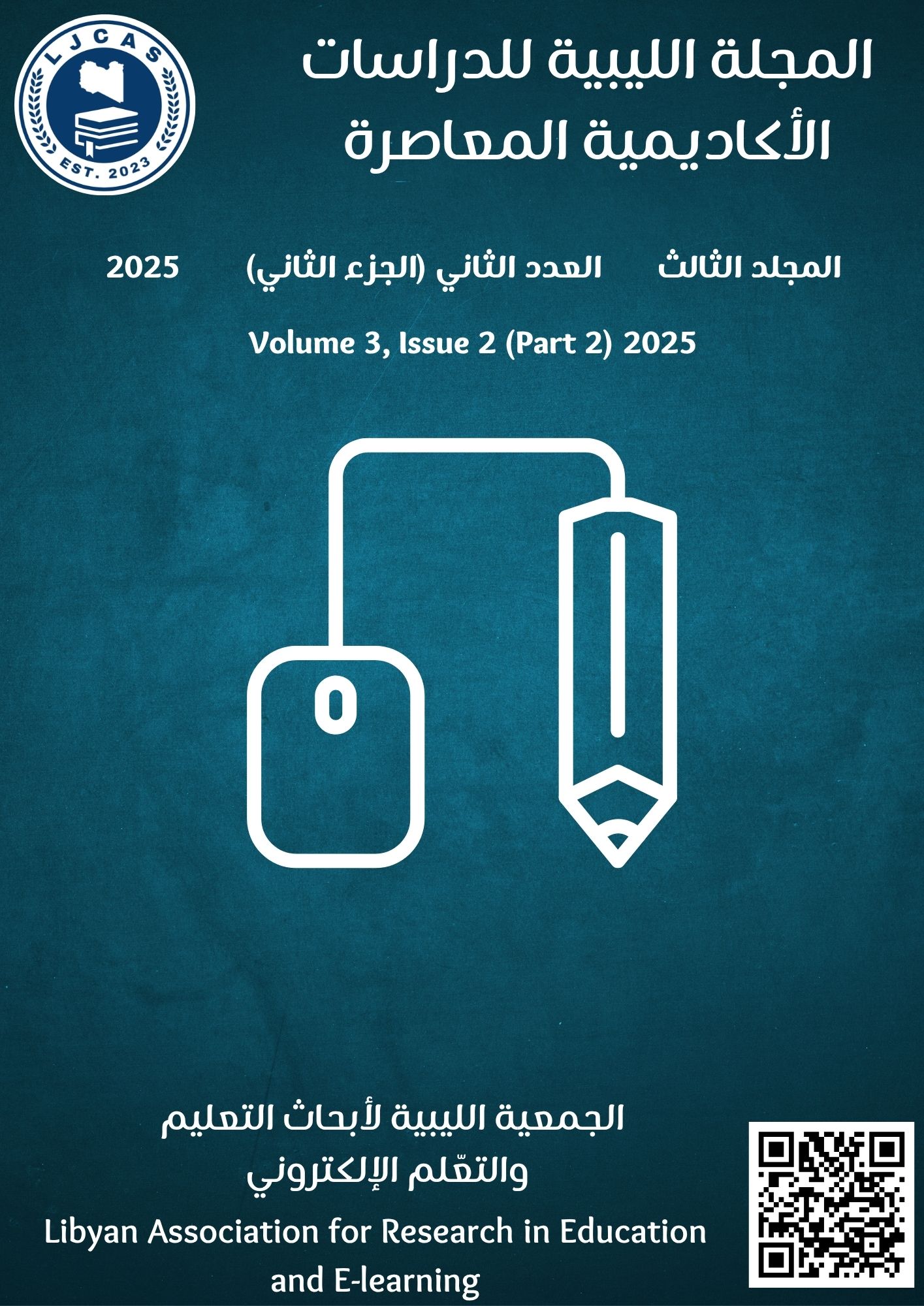The Economic Effects of Public Expenditure
DOI:
https://doi.org/10.65417/ljcas.v3i2.216Keywords:
Public Expenditures, Fiscal Policy, Economic Growth, Income Redistribution, Sustainable DevelopmentAbstract
This study aims to analyze the economic effects of public expenditures as a fundamental tool of fiscal policy used to achieve economic stability and promote development. The role of public spending has evolved with the expanding functions of the state to include economic and social responsibilities, giving public expenditures both direct and indirect impacts on production, income, and economic growth.
The research focuses on the role of investment spending in increasing productive capacity, improving infrastructure, and developing human capital, in addition to the role of current expenditures in stimulating aggregate demand and meeting basic societal needs. It also highlights the role of public expenditures in income redistribution through social spending and government transfers, thereby enhancing social justice.
Furthermore, the study examines the impact of public spending on economic stability by addressing inflation and recession and maintaining macroeconomic balance, while also noting the challenges arising from misallocation or excessive growth of expenditures. The study concludes that the effectiveness of public expenditures depends on their efficiency and their alignment with sound fiscal policies that ensure optimal resource use and support sustainable development.







